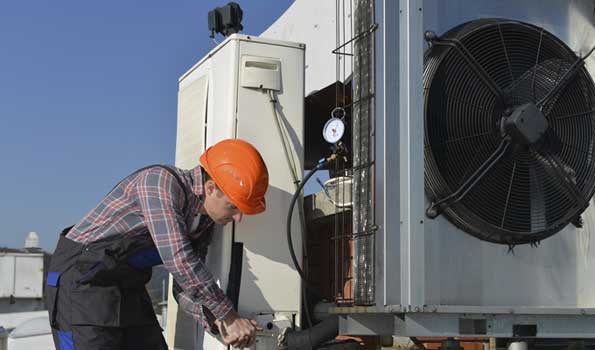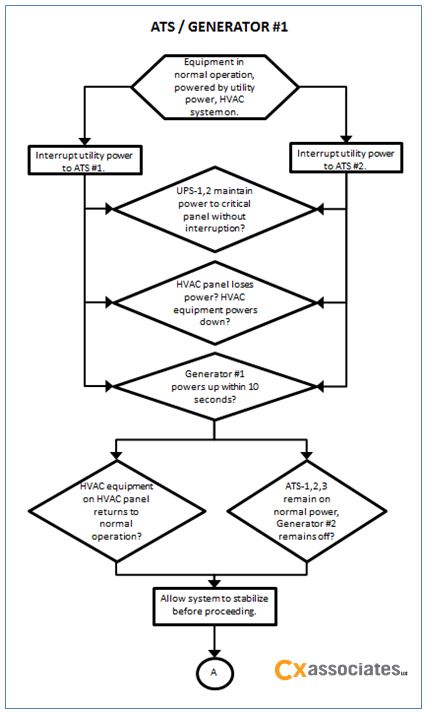Despite my relatively short amount of time working in the building commissioning field, I have been able to witness firsthand the serious consequences resulting from a lack of HVAC preventive maintenance (PM) in a facility. From dirty filters and coils to broken outside air dampers, lack of PM can lead to premature equipment failure, poor indoor air quality, an assortment of other problems, and usually increased energy and maintenance costs for a building owner. Indeed, it can be challenging for a facilities team to stick to a preventive maintenance plan after they have fallen into a reactive maintenance mode, but the advantages of a more proactive approach can be beneficial to everyone on the facilities team, as well as the building owner.

Advantages of a HVAC preventive maintenance plan
One of the largest advantages to having a good HVAC PM plan is that it can minimize the amount of reactive (emergency) repairs that need to be made over time. A PM plan helps to both extend the expected useful life (EUL) of equipment by keeping it clean, and ensure it continues to operate as design intended. It can also help to alert facilities of potential problems before a catastrophic failure occurs since inspection of equipment is included in a PM program.
Reactive repairs and catastrophic failures
Fewer required reactive repairs leads to many advantages for both the owner and facilities managers and staff. For example, if an HVAC system serving a bank of operating rooms in a hospital has a catastrophic failure, it leads to unexpected downtime. Unexpected downtime leads to a loss of revenue for the building owner, and can lead to a high and unplanned cost to repair. Repair costs may be higher due to overtime required to get repairs done ASAP, and the need for parts to be expedited to the site for repair. It can also create resource and schedule problems for the facilities staff due to the need for work to be focused on the repair.
Reactive repairs will never be eliminated from the work flow in facilities management, but a good PM plan can help to reduce the number of those repairs. It can be a tough transition to begin a good PM plan after years of a reactive plan, but in the long run everyone with a stake in the building stands to benefit.
Please get in touch with us for help reviewing your facilities’ PM plan or to craft one for your facility from scratch.



